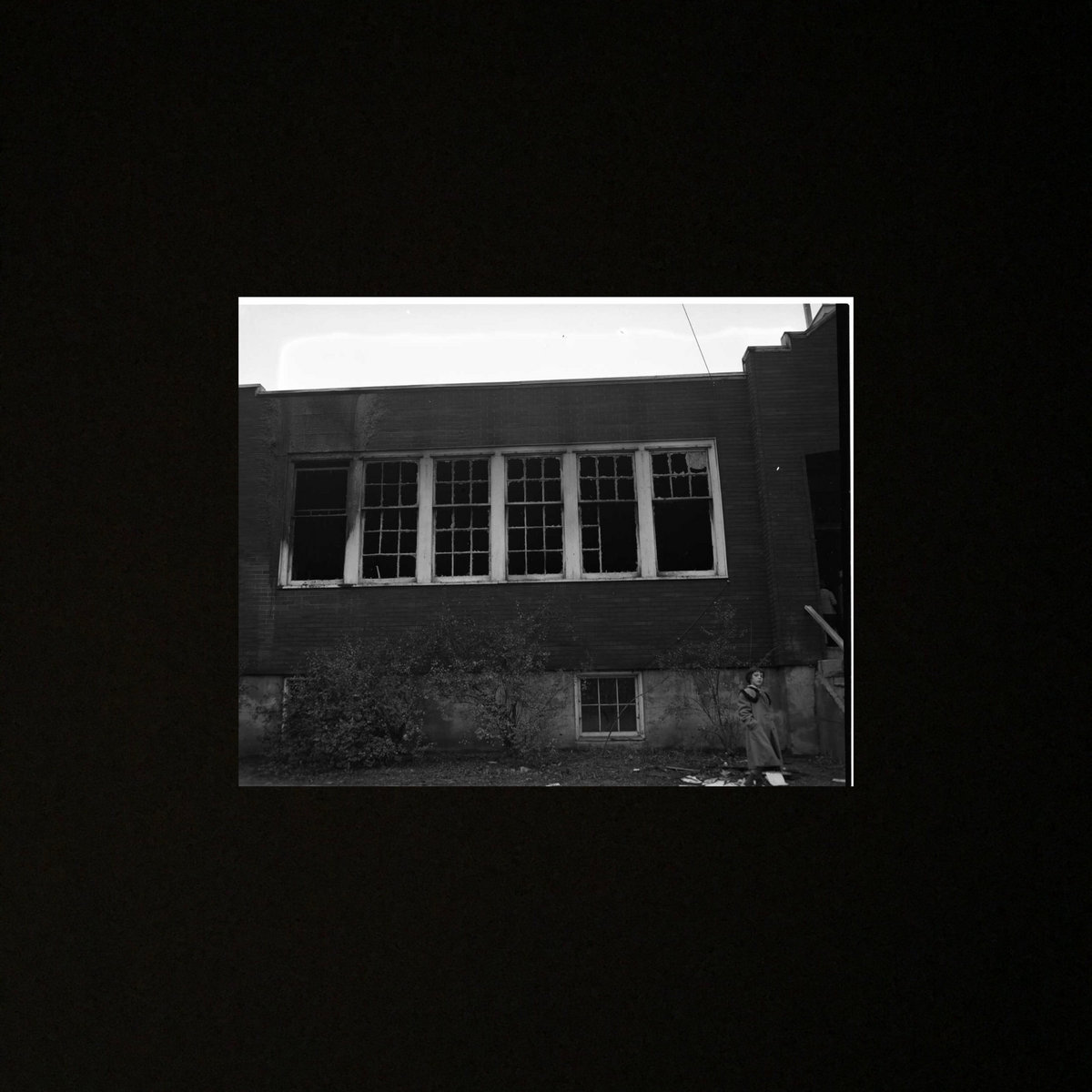Loss is one of those experiences that, at one juncture or another, everyone experiences. It can be as monumental as a death, or as relatively small as not getting a sought-after job, or losing your favorite childhood picture. The central thread remains the same: we’ve lost something dear, something integral in its own way to our lives, and it’s not coming back.
Such a theme feels particularly appropriate for the music of Montreal’s Molly Drag, aka Michael Charles Hansford. Hansford’s music — often labeled slowcore because of its sparse instrumentation, languorous pace, and the minutes that pass by without words — has long been colored by dark moods, watery tones, and the ghosts of the past. Album after album, his work as Molly Drag attempts to make peace with, or at least comprehend, the opposing forces around us, in as few words as possible. Hansford’s lyrics are usually quite economical, his songs consisting of a handful of verses, maybe one refrain, and lots of space. What he communicates within his ambling miniatures is profound, though, and to add more to any of his songs could threaten to overwhelm them.
This streak continues on his newest record, Resemble Another, which is also arguably his strongest and most succinct effort yet. Dedicated as it is to his late friend, who passed away recently, it’s hard not to see much of the album as a means for Hansford to channel that grief and pain, while also trying to find a calm at the end of that storm. It contains layers of addiction and sobriety, contemplation of our place in the universe, and more. Certain songs like “Father” and “Found Footage” feel like they are in direct conversation with a cataclysmic loss, but, more often than not, Hansford’s lyrics are just abstract enough as to elude obvious meaning without devolving into stream-of-consciousness gobbledigook. “Father” contains possibly the album’s most direct line — “You lied / How can you let your son die?” — and its comparative bluntness makes it land like a gut punch.
Elsewhere, though, his words say a lot with a little. “Passenger” starts with Hansford intoning woefully, “Woke up, still high / Feel my body ache for another try.” On “Communion” he reckons a bit with religion, admitting “I know it’s hard to walk with him,” as if to let someone (or himself) know that’s alright if you don’t always do the “right thing”, as long as you try. There’s a threat of irony in the lyric, but it never bubbles over strongly enough to come across as bitter or distracting. The striking opener “Missing Time” finds Hansford wondering what he’ll leave behind when he, too, inevitably dies.
The subject matter is tough, and the mood rarely feels less than melancholy (occasionally getting downright sad), but, filtered through Hansford’s beautifully creaky vocals and spare arrangements, the songs go down smoothly. The guitars, pianos, and bass that cover most of the album are plucked or strummed slowly, crafting a wintery and deceptively inviting atmosphere. The additional flourishes — a whining lap steel here, some indefinable electronic processing there, a touching harmony — add to the mix without ever toppling it. His voice occasionally has traces of Youth Lagoon’s Trevor Powers, or even Tokyo Police Club’s Dave Monks if he was just waking up in the morning. His control over his specific singing style has strengthened over the years, and even if his style is pretty specific in the zones he chooses to sing in, the tunes and notes he crafts are flattering, allowing him to inject a lot of pathos into his already-moving words.
The album is not without its concerns, of course. The pace is, after all, quite slow, and occasionally goes a bit too glacial, as on the pretty but meandering “Redeemer”. It can also be a bit of a bleak listen, especially as the sonic palette doesn’t shift too dramatically across its 12 tracks. Still, Resemble Another remains a terribly touching tribute to Hansford’s late friend, as well as being a fine document on life, loss, and finding absolution. As Hansford sings on “Communion”: “Forgiveness is a place that’s everywhere,” and this album sounds like he’s not only finding it, but allowing himself to.

